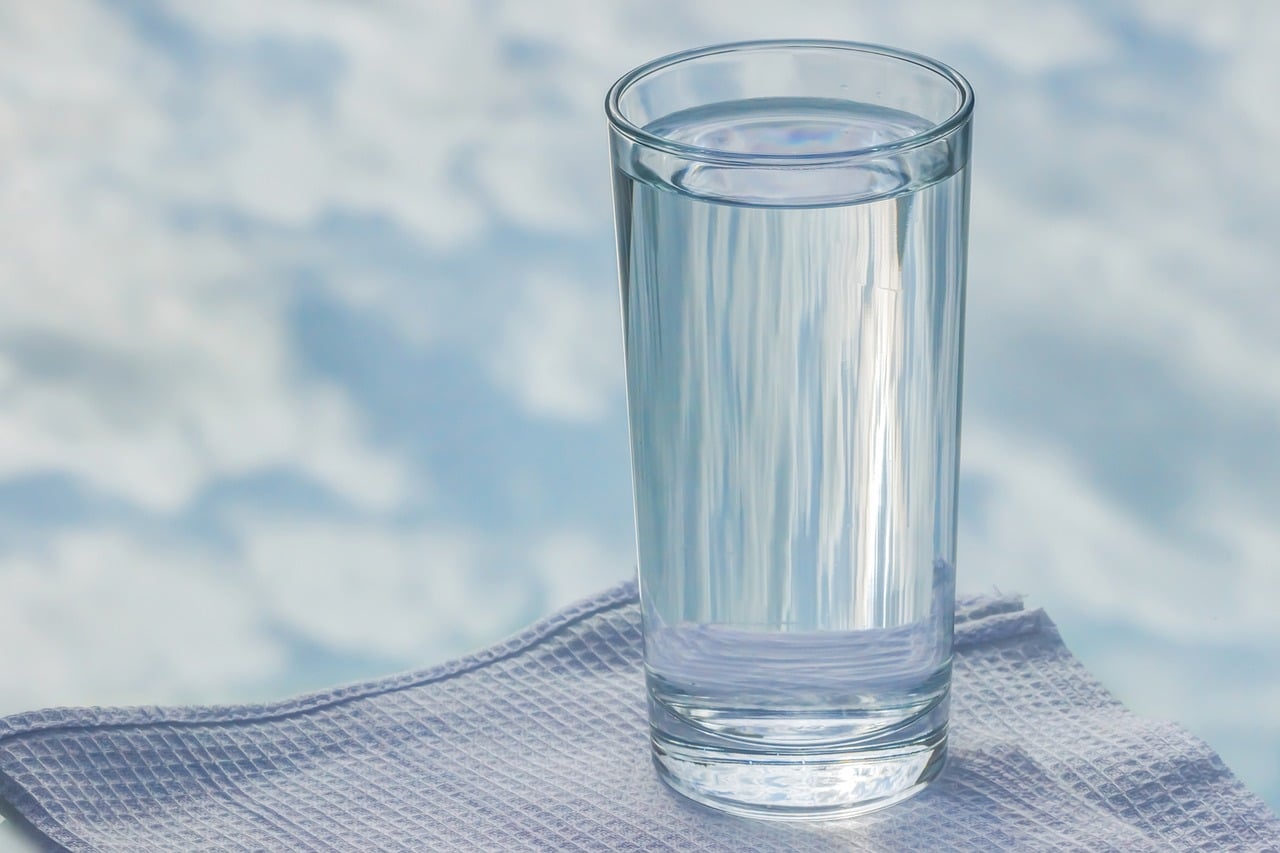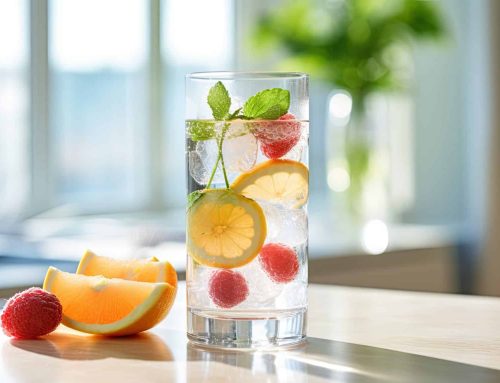It’s hard to think that one of the most precious resources provided to us on our planet, for free, is considered the one thing humans are believed to be fighting for one day.
With too little emphasis being placed on the importance of clean and reliable water sources, the saying that goes you don’t know what you have until it’s gone, is 100% completely accurate.
Most people don’t know what they have until it’s gone, which regarding water, is an incredibly conflicted idea.
With 80 million people globally that already, in 2018, don’t have access to clean drinking water, this number is believed to increase in the future. Water is also considered the leading cause of death in children under the age of five-years-old.
Now, how do we stop this? It may seem next to impossible, to identify which sources of water are clean and drinkable, and which are not, but there are a few ways to identify contaminated water and clean water.
Testing the quality of tap water
The first thing you should do, which is referred to the sedimentation process where water is undisturbed, and the heavier particles sinks to the bottom, is filter water, to get rid of these particles, which cannot be removed by sedimentation alone.
When we filter water, we extract all the leftover particles from the water, which may contain bacteria and chemicals.
After the filtration process, which can easily be installed in your tap, the chlorine levels of your tap water must also be tested, to ensure safety.
The chlorine levels can be tested by checking whether your pipes have corroded, which also indicates the presence of iron, lead or copper, which is being released in tap water, which you receive in your home.
Water resources can also become contaminated by chemical spills, leaching or run-offs, which could affect it to an extent of causing cardiovascular and neurological diseases as well as cancer.
These occurrences of contaminated water can also be treated by disinfecting your pipes, to remove disease, which-after you should also filter, to ensure water safety.
Get bottled water coolers and mains water coolers from Living-Water in London.






